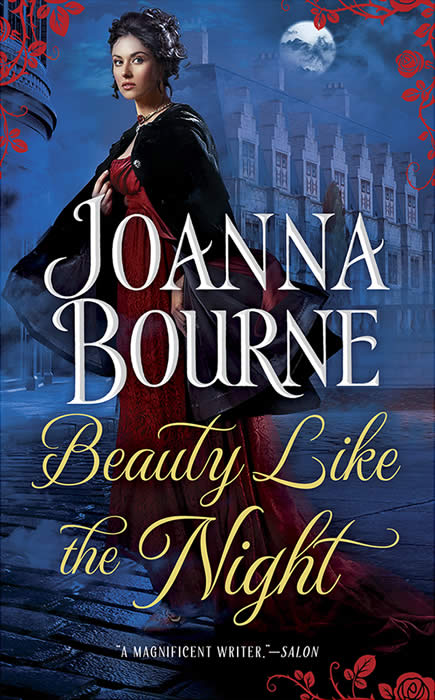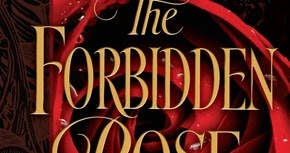

Bourne says much more in a brief declarative sentence than most authors do in paragraphs of text.ĭoyle and Margeurite (or Guillaume and Maggie, as they are known to each other) fit together in an unexpected way that is entirely romantic and satisfying. The prose is simplistic in the best way, not resorting to complex syntax or flowery language to convey meaning. The story was paced flawlessly and creates a wonderful tension between the characters and the events surrounding them, including history smoothly into the plot. The author unraveled this story perfectly, never giving us more information than we needed at any time and keeping us guessing. Amid the secrecy, lies, and threats, the two are drawn together and must learn to trust each other against their common enemies. The two head off the Paris together, both aware the other isn’t who they say they are (a British governess and a Parisian peddler). It is at the ruins of the de Fleurignac chateau that she is found by William Doyle, a British spy in search of her father. When the book opens, though, her network across Normandy is being revealed to the authorities she barely escapes arrest herself, and her home burned to the ground.


Margeurite de Fleurignac is both the daughter of a marquis in France at the height of the Reign of Terror and the head of La Flèche, a group of counter-revolutionaries helping future victims of the guillotine escape. Joanna Bourne’s latest novel has everything I love about romance: A strong relationship, complex characters, and effortless writing. Plodding through forgettable spy novels (and historicals in general) sometimes makes me forget what a truly great book looks like – and then I read one like The Forbidden Rose.


 0 kommentar(er)
0 kommentar(er)
